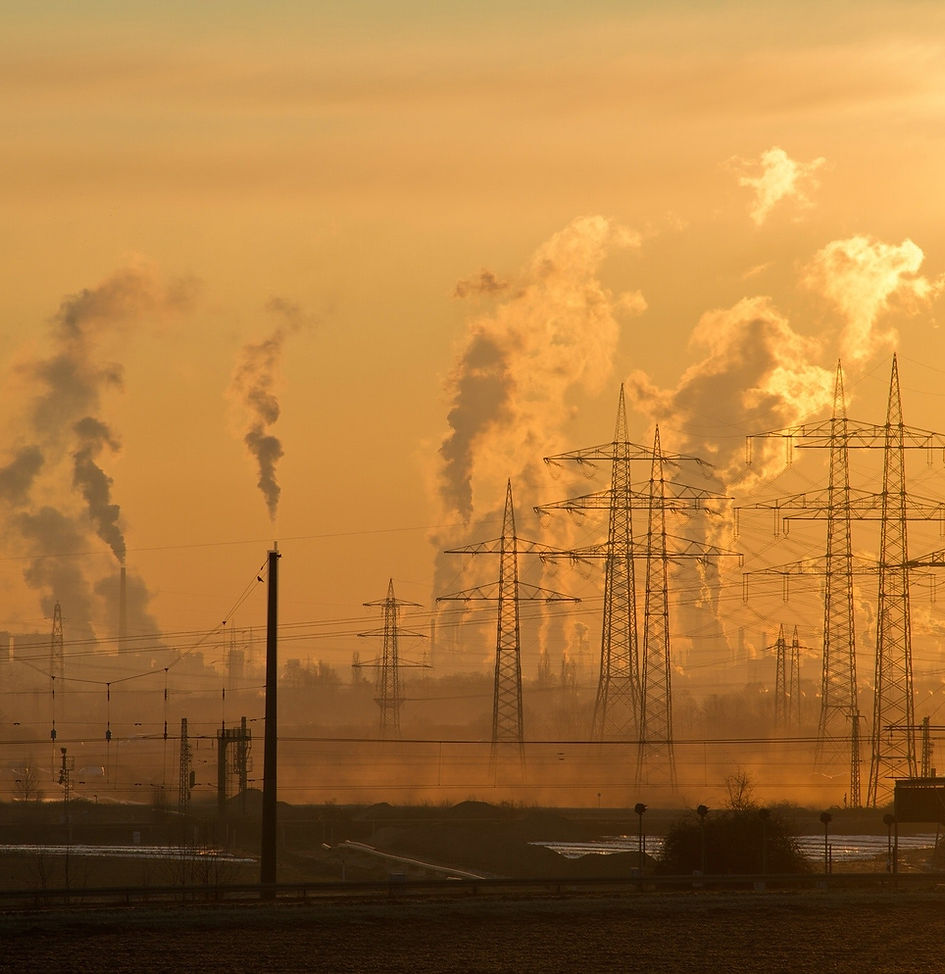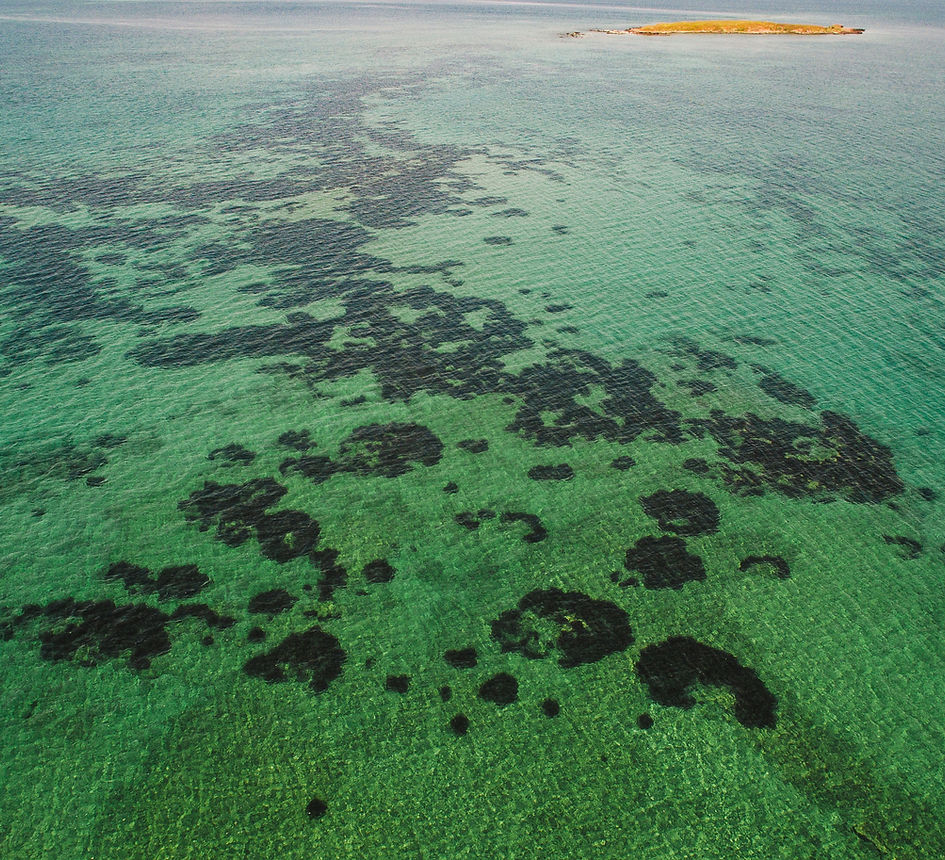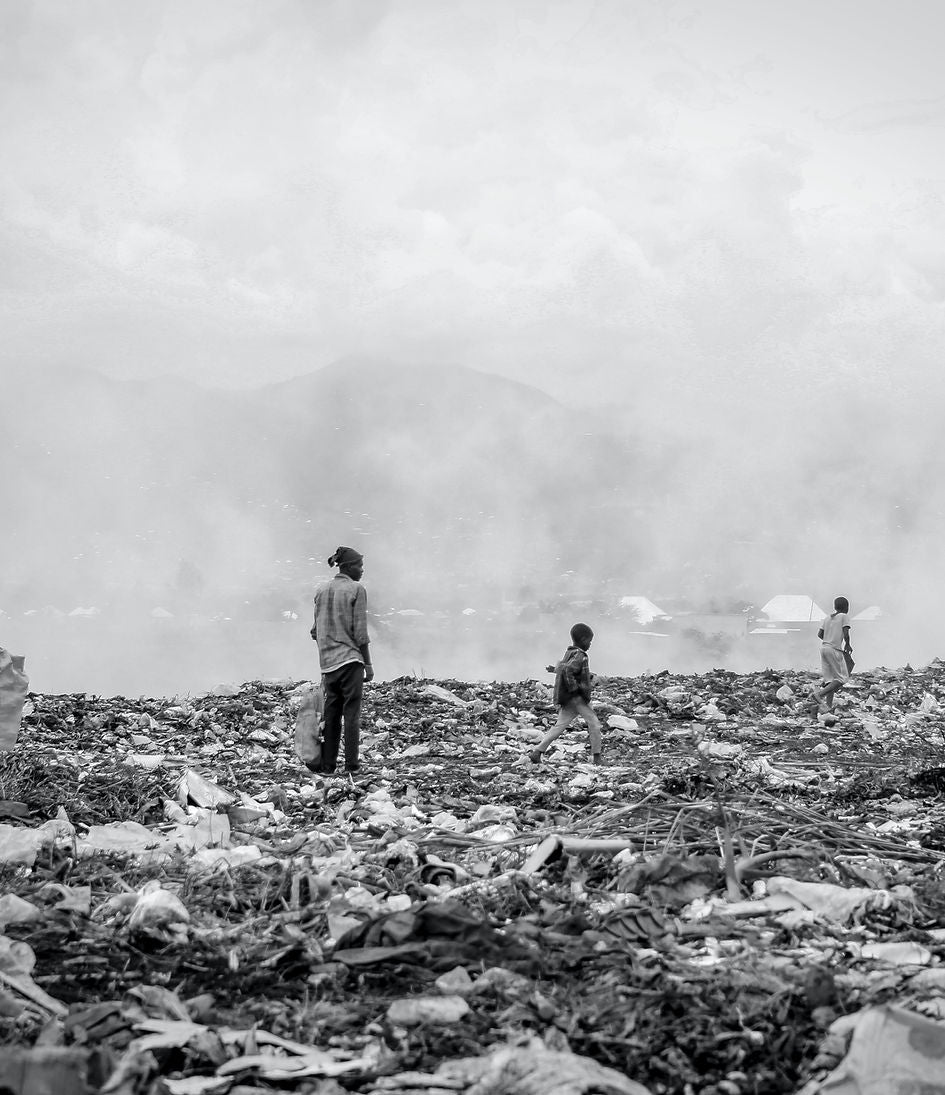

We're so happy to see you again!
Reset your password
We will send you an email to reset your password
Rising temperatures, driven by human activities, are putting a real strain on our planet's resources. The consequences of climate change are far-reaching, impacting every aspect of our lives from the weather to food and water insecurity, economic disruption, and even international conflict. Our current circumstances are dire, and the urgency to take action has never been more critical.

The evidence is overwhelming. Greenhouse gas emissions, largely resulting from human activities, have reached record highs. The last four years have been the hottest on record. If we do not take immediate action, we are on track to exceed a temperature increase of 3 degrees Celsius by the year 2100, well above the critical threshold of 2 degrees Celsius defined in the 2015 Paris Agreement. Such a rise in temperatures would cause irreversible damage to our planet.

One of the most visible signs of climate change is the melting of glaciers and ice sheets, leading to a rise in sea levels. This poses a significant threat to the 40% of the world's population that lives near coastal areas, including major cities like New York, Shanghai, Abu Dhabi, Osaka, and Rio de Janeiro. These regions are particularly vulnerable, facing the risk of increased flooding and storm surges.

Furthermore, the consequences of climate change extend beyond rising sea levels affecting our ecosystems. Coral reefs, crucial ecosystems teeming with biodiversity, are dying due to warming waters. Oceans are acidifying, disrupting marine life and ecosystems. Forests are ablaze, releasing vast amounts of carbon dioxide into the atmosphere and further exacerbating the climate crisis.

Climate change also has severe implications for our food and water store. Soil degradation results in the loss of up to 30% of our food supply a year, heightening global hunger and malnutrition. Limited availability and declining quality of water further strain communities already grappling with scarcity. As food insecurity grows, the wealth gap between rich and poor countries widens, worsening existing social and economic disparities.

This socio economic toll of climate change is staggering. More frequent and intense weather extremes and natural disasters cost the world economy a staggering $520 billion annually. These events disrupt lives pushing 26 million people into poverty each year. The competition for resources in a changing climate poses a threat to international security, leading to mass displacement and potential conflicts. By 2050, an estimated 140 million people in sub-Saharan Africa, Latin America, and South Asia will be forced to migrate due to climate-related factors.
It is not too late.
Despite the grim realities, it is not too late to address climate change and mitigate its impacts. The development and implementation of new technologies and sustainable solutions to reduce greenhouse gas emissions is essential. Nenes is apart of that initiative. By taking immediate and decisive action, we will create a better planet for future generations.